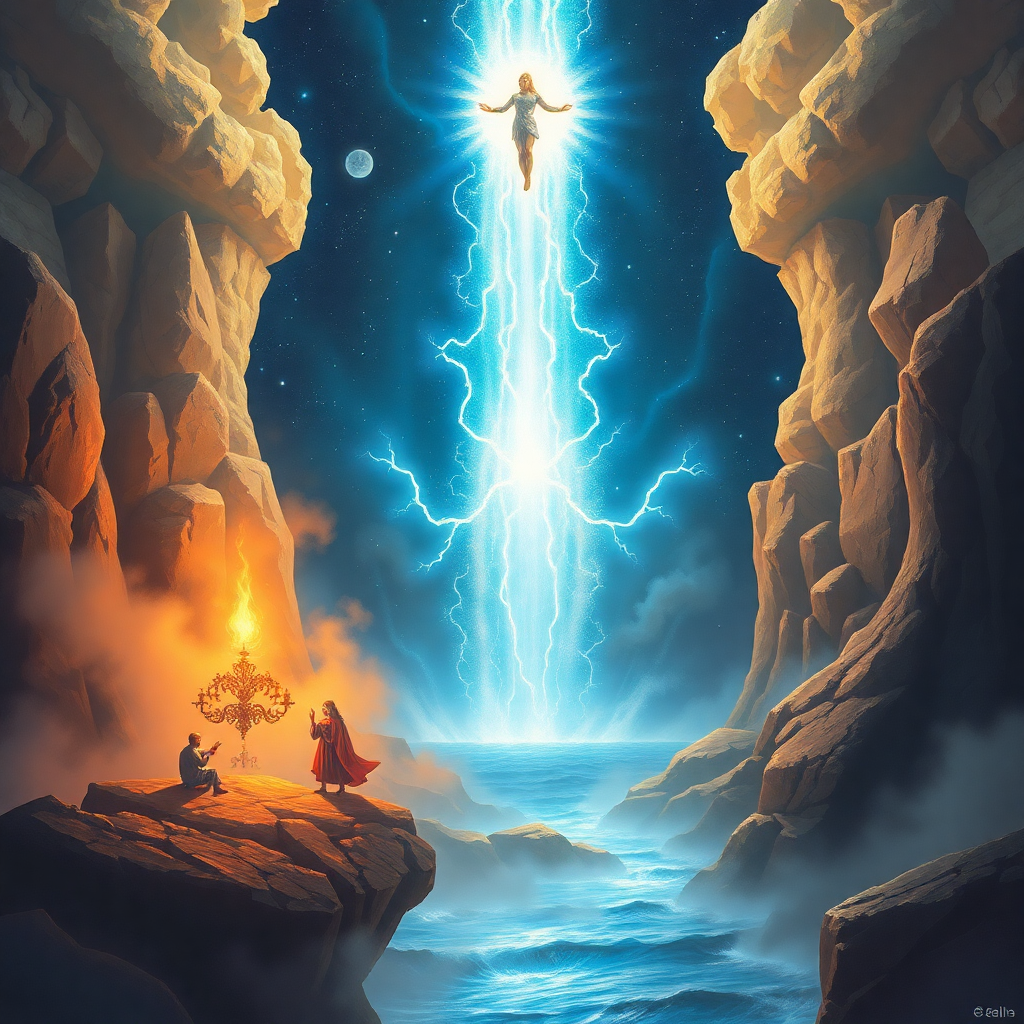Are angels omnipotent?
Traditional Christian doctrine maintains that angels are not omnipotent; they do not have the capacity to act independently of God's will. Their strength and influence exist within the parameters set by their Creator.
Within Christianity, Judaism, and Islam, angels are often depicted as powerful entities that perform God's will. However, the question arises: Are angels omnipotent? To address this, we need to explore the definitions of omnipotence, the nature of angels as described in religious texts, and the theological implications regarding their powers.
Understanding Omnipotence
Omnipotence refers to the ability to do anything that is logically possible. In theological terms, it is most often associated with God, who is believed to possess unlimited power, authority, and knowledge. This divine attribute includes the ability to create, destroy, perform miracles, and govern all aspects of existence.
In contrast, anything that falls short of this level of power is not considered omnipotent. Thus, when we inquire about the omnipotence of angels, we need to understand that this question hinges on whether angels have the ability to perform any action without limitation.
The Nature of Angels
In theological terms, angels are generally understood to be created beings with a specific purpose. They are considered messengers of God, tasked with carrying out His will. The Bible describes angels in various contexts, portraying them as beings of light who serve in heaven and interact with humanity on Earth. Key scriptures, such as Hebrews 1:14, refer to angels as "ministering spirits sent to serve those who will inherit salvation." This function implies a subservience to God’s authority, which raises questions about their capacity for independent power.
Angels are also described in several ranks or orders, as seen in texts such as Isaiah 6:2, which mentions seraphim and cherubim, and Ephesians 6:12, which refers to “principalities, powers, rulers of darkness.” While this hierarchical structure suggests a diversity of roles and responsibilities among angels, it does not equate to omnipotence. Instead, it indicates that they operate within limits prescribed by God's command.
The Limitations of Angels
While angels possess remarkable abilities, their power is not without restraint. Traditional Christian doctrine maintains that angels are not omnipotent; they do not have the capacity to act independently of God's will. Their strength and influence exist within the parameters set by their Creator. For instance, they are often described as having specific tasks, such as delivering messages, protecting individuals, or executing God’s judgment—each of which demonstrates their obedience to divine authority rather than independent power.
Furthermore, the scriptures illustrate that angels, despite their mighty capabilities, are still subject to God’s authority. An example can be found in the Book of Job, where Satan (an angelic being who fell from grace) could only act within the boundaries established by God during his conversations with Job (Job 1:12; 2:6). This narrative underscores the concept that angels, even those who rebelled against God, do not possess absolute power and must answer to a higher authority.

Angelic Powers and Functions
Despite their limitations, angels are depicted as extraordinarily powerful beings. Their abilities span various functions, including healing, delivering divine messages, and even controlling natural elements at God’s command. For example, Michael the Archangel is often associated with spiritual warfare and protection (Daniel 10:13, Revelation 12:7). However, these abilities do not imply that they are omnipotent; rather, they demonstrate the specialized roles angels play within God's divine plan.
Moreover, angels serve a vital role in the lives of believers. Many Christians cite experiences of angelic intervention in times of distress—a belief that reinforces the idea of angels as guardians and guides. Yet, even in these accounts, it is essential to recognize that their actions are executed in alignment with God's purposes, not from a position of autonomous power.
Conclusion: The Nature of Angels and Their Role in Creation
In conclusion, while angels are undeniably powerful beings with distinct roles in the cosmic order, they are not omnipotent. Their abilities are derived from and limited by God's authority and will. They exist to serve God’s purpose, executing tasks that align with divine plans and escorting humanity through spiritual journeys. The notion of omnipotence is reserved for God alone, highlighting the differences between the Creator and created beings, no matter how magnificent they may be.